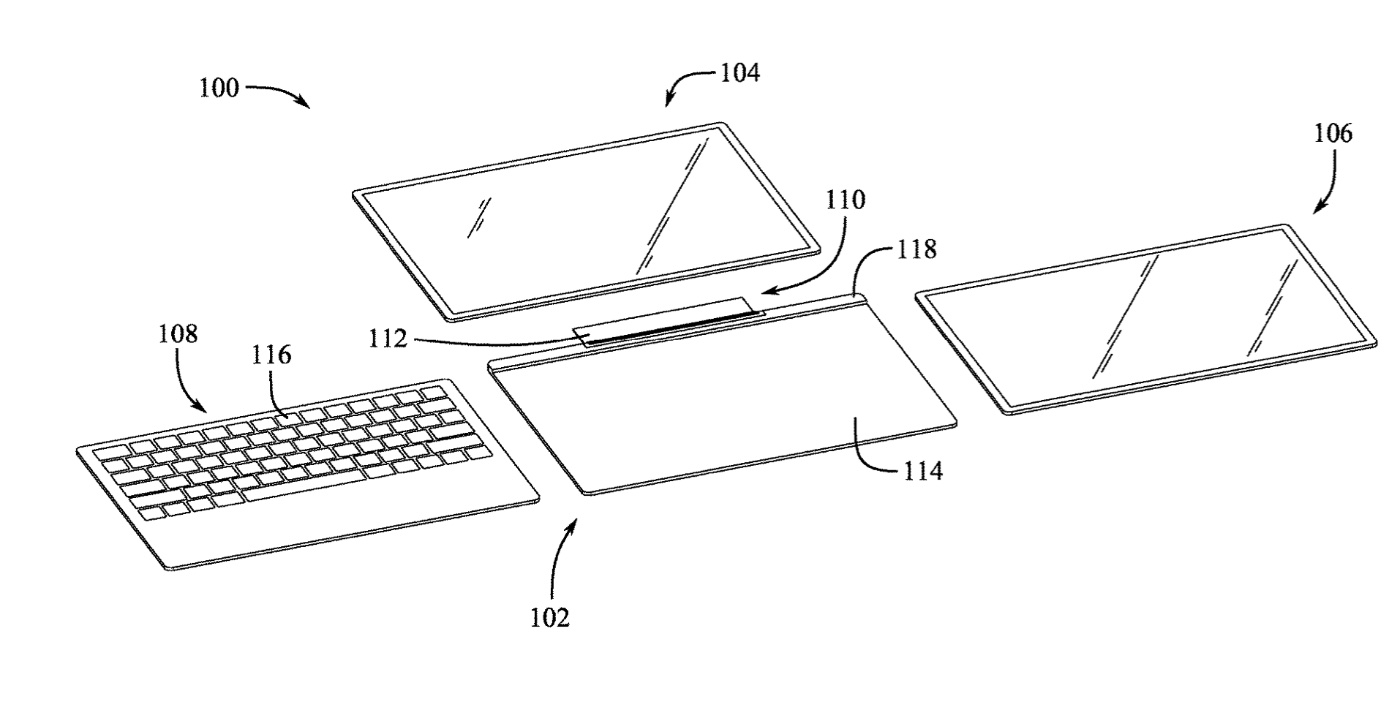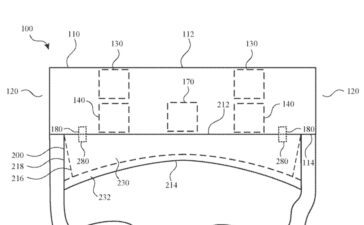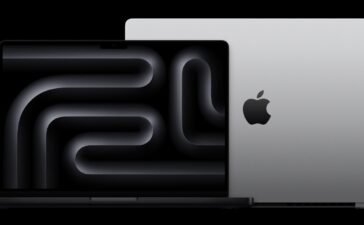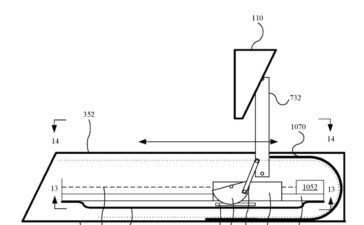Apple has filed for a patent (number 20220035420) for a “modularized computer system and input devices” that combines elements from the Mac and iPad. The device could be assembled in various forms depending on a user’s needs.
About the patent filing
Apple’s idea is for a computer device that can be assembled for specific purposes. In the patent filing, the tech giant says that large or bulky components have traditionally been used to achieve a desired level of performance in a computing device, such as a desired amount of memory, a desired level of computing power, or a desired manner of user input.
Housings for such computing devices are constrained to designs including relatively large or uninterrupted internal volumes. Other performance requirements for the computing devices also often limited the housings to certain form factors.
However, ecent advances in computing devices have provided for the miniaturization or reduction in size of the components, such as computing components, used to power and drive the devices, such as processors, batteries, memory, and integrated circuits. As a result, computing devices having different form-factors have been adopted to provide efficient platforms for a particular use or in a particular environment.
For example, laptop and tablet computing devices are commonly used when mobility is desired, such as, reading news articles on a bus or a park bench. Alternatively, desktop computing devices are commonly desired when a user wants a larger display and/or a full-size keyboard. Apple says that computing devices have traditionally been constructed to fit the needs of a single particular use. However, the tech giant thinks that reconfigurable devices “can be desirable to provide a higher quality user experience within a broad spectrum of uses and environments.”
Summary of the patent filing
Here’s Apple’s abstract of the patent filing with the technical details: “A computing device can be reconfigurable to include one or more electrical devices in various configurations. The computing device can include a base forming an input surface configured to receive user input. The base can receive one or more input devices, such as, displays or keyboards.
“The base can include a hinge rotatably attached to the base and configured to removably retain an electronic device, such as, a display. The computing device can include a coupling mechanism having a first retaining portion and a second retaining portion rotatably coupled to an intermediate portion. The first and second retaining portions can be configured to removably retain electrical devices to the coupling mechanism.”





